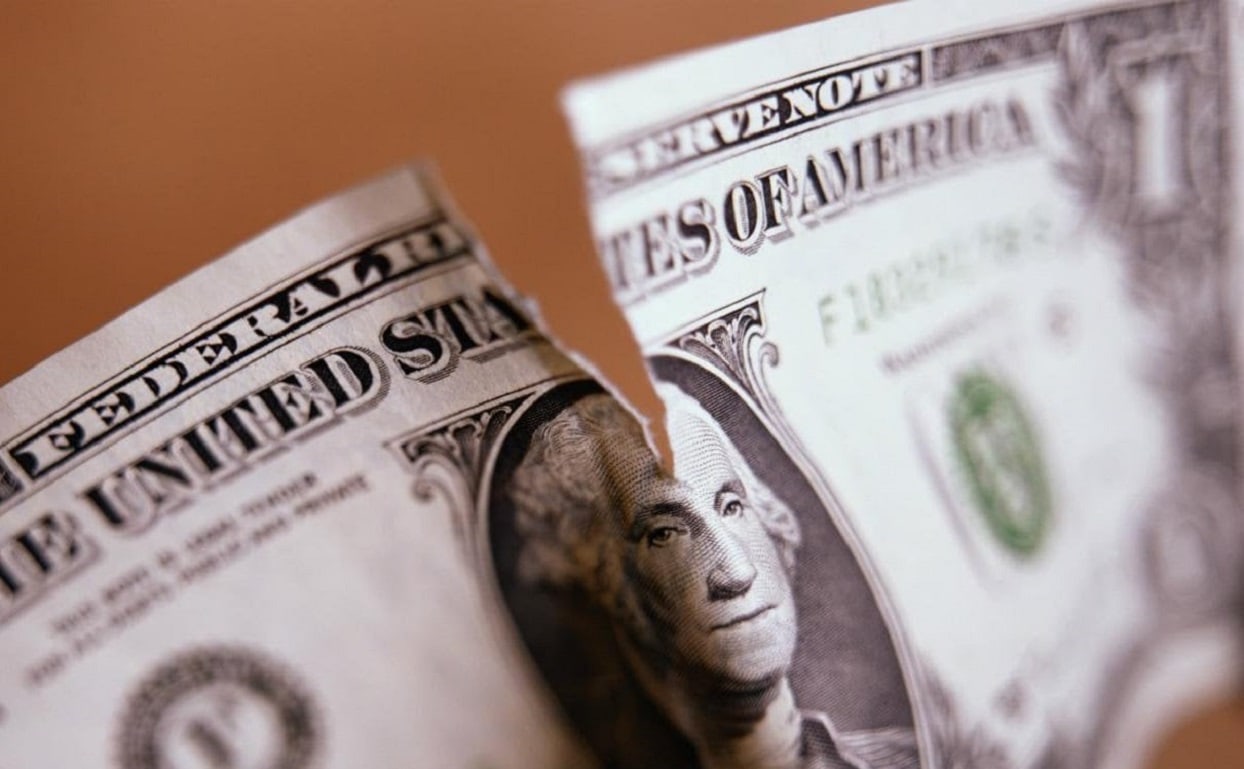How much trouble is the U.S. economy in? There is an old joke about someone having jumped off the Empire State building. When asked how it was going as he passed the fortieth floor, he replied “so far so good”.
We have to wonder whether something similar might be happening to the Federal Reserve as it pursues the most aggressive round of monetary policy tightening in decades. To be sure, so far, the economy has held up well, underlined by stronger than expected economic growth and by an unemployment rate that remains close to a fifty-year low.
However, it would seem to be only a matter of time before the economy will experience a hard landing as the lagged effects of the past year’s extraordinary amount of monetary policy tightening occur. This would seem to be particularly the case since that tightening is occurring when financial and credit markets are still overstretched, when a debt ceiling showdown looms, and when the country soon could be facing a fiscal policy cliff.
Renewed weakness in the equity market, a major slump in housing demand, and acute trouble at tech-lender SVB, remind us how dependent the asset and credit markets had become on the maintenance of ultra-low interest rates. Yet with a stronger than expected economy limiting the pace of wage and price inflation moderation, the Federal Reserve has made clear that it intends to keep interest rate higher for longer than had earlier been anticipated. This would be occurring after the Federal Reserve has hiked interest rates at the fastest pace since the 1980s and has engaged in quantitative tightening at an unprecedented pace.
Heightening the risk that the Fed’s tight money policy will cause something to break in the US and world financial markets is the fact that never before has the world been indebted as it is today. According to the IMF, today’s level of world debt is some 50 percentage points of GDP higher than it was on the eve of the 2008 Lehman crisis. It hardly helps matters that much of the debt is owed by weak creditors who will have trouble coping with a prolonged period of high interest rates.
If the experience of the 2011 debt ceiling showdown is anything by which to go, we must expect additional financial market volatility later this summer if politicians do not find a solution to the current debt ceiling crisis well before that ceiling is hit. This makes it all the more surprising that the Fed is continuing to increase interest rates after the past year’s large amount of monetary policy tightening. One indication of that tightening, which should be raising red flags about the possibility of monetary policy overkill at the Fed, is the extraordinary shift in broad money supply growth.
After having expanded by a staggering 40 percent in the two years immediately following the pandemic, the broad money supply is now contracting at a pace reminiscent of that which occurred in 2008-2009.
Further making the Fed’s current monetary policy hawkishness difficult to understand is the fact that it is occurring at a time when the US economy seems to be heading towards a fiscal cliff. Over the past three years, the economic recovery was boosted by the very large Covid checks to households.
Those checks both increased household spending and household bank accounts. However, now that the Covid budget stimulus has long since ended, those bank accounts are now close to having been depleted.
That raises the possibility that households will soon have to start tightening their belts.
A major weakness of the Powell Federal Reserve is that it has been a backward rather than a forward-looking institution. In 2021, by being overly data-dependent and by ignoring the largest peacetime budget stimulus on record, the Fed’s ultra-easy monetary policy helped get us into our current inflation mess.
Now, by once again being overly data-dependent and by ignoring the financial market, the debt ceiling, and the fiscal cliff risks that lie ahead, the Fed’s newfound monetary policy religion risks leading us towards a hard economic landing.
Author Biography and Expertise
American Enterprise Institute senior fellow Dr. Desmond Lachman was a deputy director in the International Monetary Fund’s Policy Development and Review Department and the chief emerging market economic strategist at Salomon Smith Barney.

